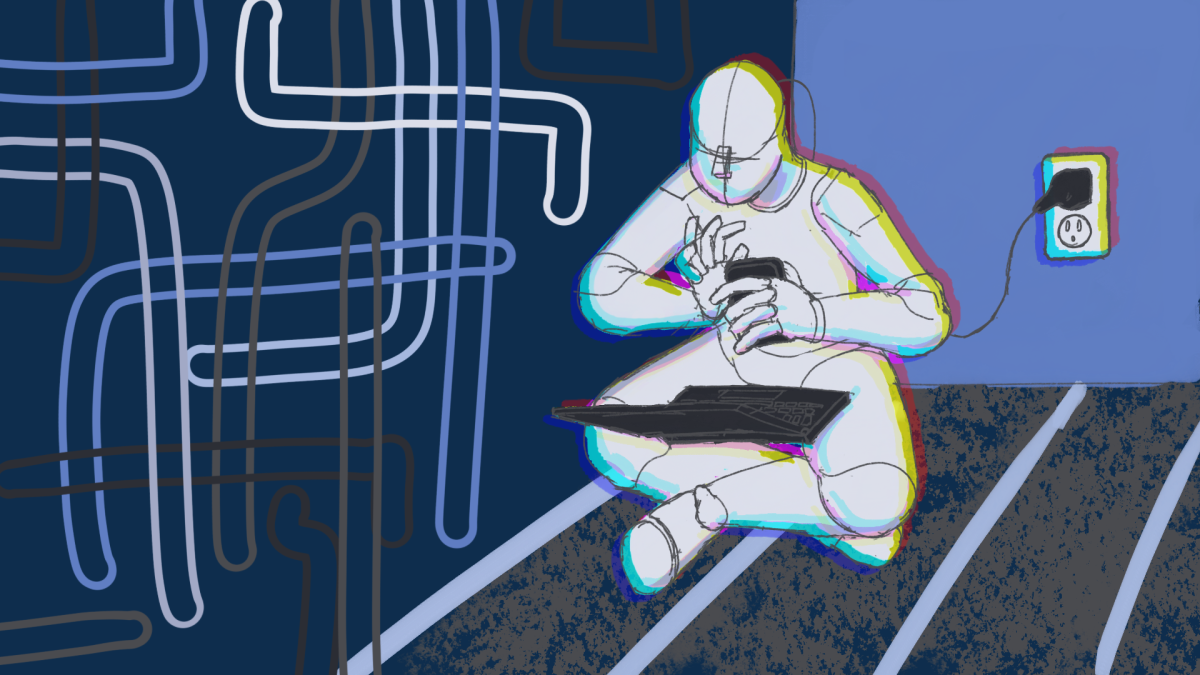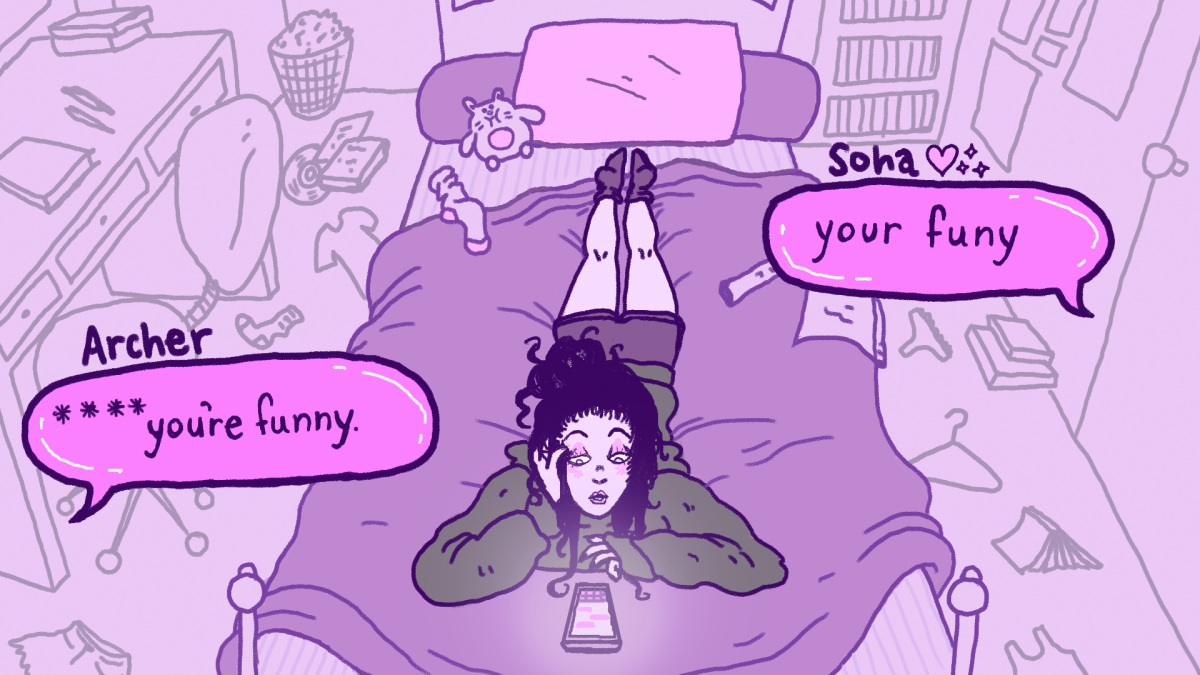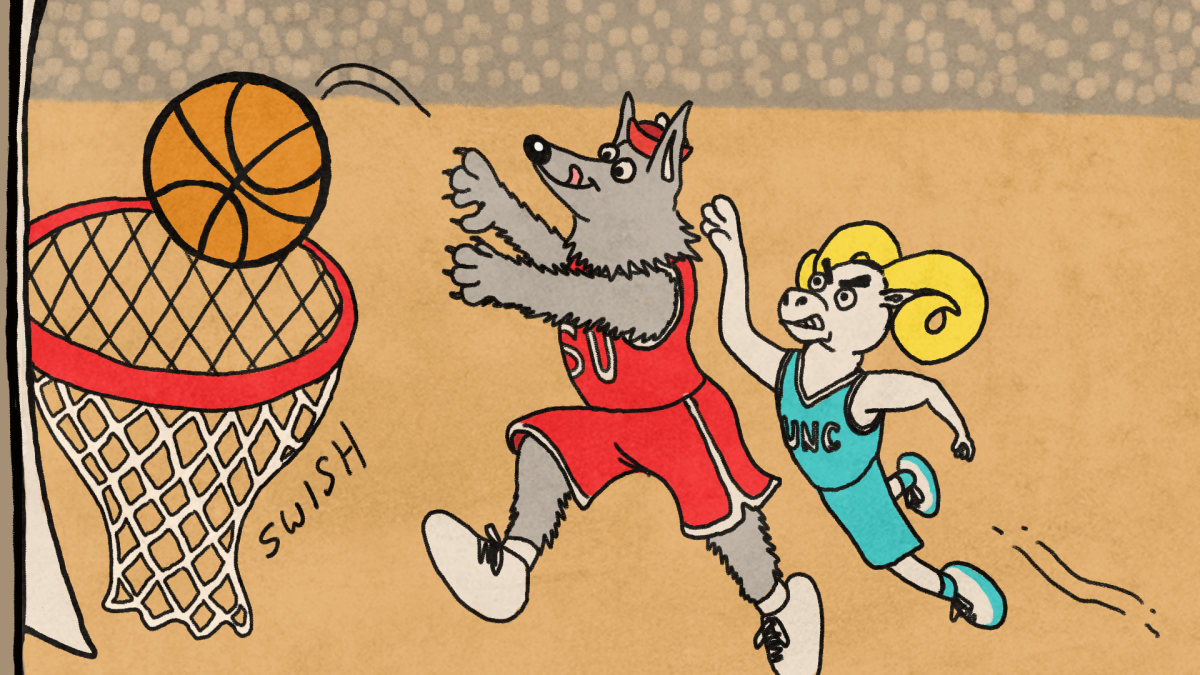Less than three years after the release of ChatGPT, life feels almost unimaginable without it. Artificial intelligence went from a fringe technology relegated to Star Trek and sci–fi novels to being in every syllabus, every search result and every office space.
The issue of this technology isn’t how disruptive it is in the job market or the fact that it is developing almost too quickly to understand. Those are things which humanity will likely be able to solve. The real trouble with artificial intelligence is how it is exacerbating societal isolation in ways which we have yet to understand.
Retired Lt. Gen. Jack Shanahan, who was the inaugural director of the Department of Defense’s Joint Artificial Intelligence Center, is concerned that the speed of development is outpacing human development in an incomprehensible way.
“The fact that we’re thinking in enlightenment terms in the Age of Reason but we have technologies that are going faster than we’ve ever been able to think possible … our brains are not keeping up,” Shanahan said. “I call it 21st century top technologies in 18th century minds. There’s a problem there, there is a disconnect.”
Of course, technologies have shaped societies before. The caravel helped European explorers and traders connect continents over thousands of miles, shrinking the world. The steam engine led to the first Industrial Revolution and paved the way for our society of abundance. Nuclear fission has led to the potential for near unlimited energy.
Unfortunately, none of these inventions came without terrible consequences. Caravels carried millions of enslaved Africans across the Atlantic. The Industrial Revolution led to oppressive and cruel conditions in factories and the destruction of pre-industrial social hierarchy. Nuclear fission led to, well … atomic bombs.
For Veljko Dubljevic, a neuroethicist professor at NC State, human agency is the single most important factor in the development of any technology.
“Technology is neither good nor bad,” Dubljevic said. “It is how we are using it and how we’re making the kind of system so that this the the uptake of the technology is promoting benefits, or the uptick of technologies being basically abused by by some sort of misalignment actor, or someone just wants to get a quick buck no matter the consequences.”
So what happens when societal problems become paired with artificial intelligence? Those consequences are just starting to emerge as individuals begin to replace social interaction with talking to large language models.
There have already been reports of people developing addictions to chatting with AI bots. Eugene Torres, who spoke to the New York Times, said he began speaking to ChatGPT for up to 16 hours a day.
He had no history of mental illness, yet his conversations with ChatGPT sent him down a path to believing he was in a Matrix-style simulation. Torres received little social interaction while he devoted time to using ChatGPT.
In a new study from the National Institute of Health, social anxiety can lead to higher levels of AI dependence for interpersonal connection. With 80% of adolescents and 1 in 5 adults experiencing daily loneliness, the amount of people who could become dependent is high.
“It’s just the world has changed, where we all do our own thing, whereas 150 years ago you could not help but be there with your neighbors and helping each other out,” Shanahan said. “This will then allow people to never leave their room and be in this great long-term relationship with some machine that sure sounds like a human. So I think this is really particularly harmful to the people that are already predisposed to have some social challenges in their life.”
The consequences in our society are dire. Isolation increases mortality and can worsen people’s ability to work and function in society. As interaction between people decreases, our society buckles in ways which have led to political dysfunction and ideological struggles which threaten to tear our nation apart.
To avoid this bleak future, we should avoid going to chatbots for our problems and create strong, lasting friendships which get us out of those isolated spaces.
We also need to make sure that we as a society are encouraging social interaction on a regular basis as well, especially in adolescence. As these kids grow up around a novel technology, the threat of dependence on AI for social interaction is high.
“The best case scenario is that we make sure that the interactions with the youth are basically robustly human and the use of large language models is for things where they need extra support,” Dubljevic said.
By limiting the interactions between youth and AI we can ensure that people develop the necessary skills to interact with people in society and empower them to be their best selves.
If we strengthen those social skills and bonds, we will enable society to use AI in a way which can strengthen and optimize our economy and our workplaces instead of creating a society of recluses prone to polarization.
In short, put down ChatGPT, touch some grass and make a new friend. After all, society depends on it.




